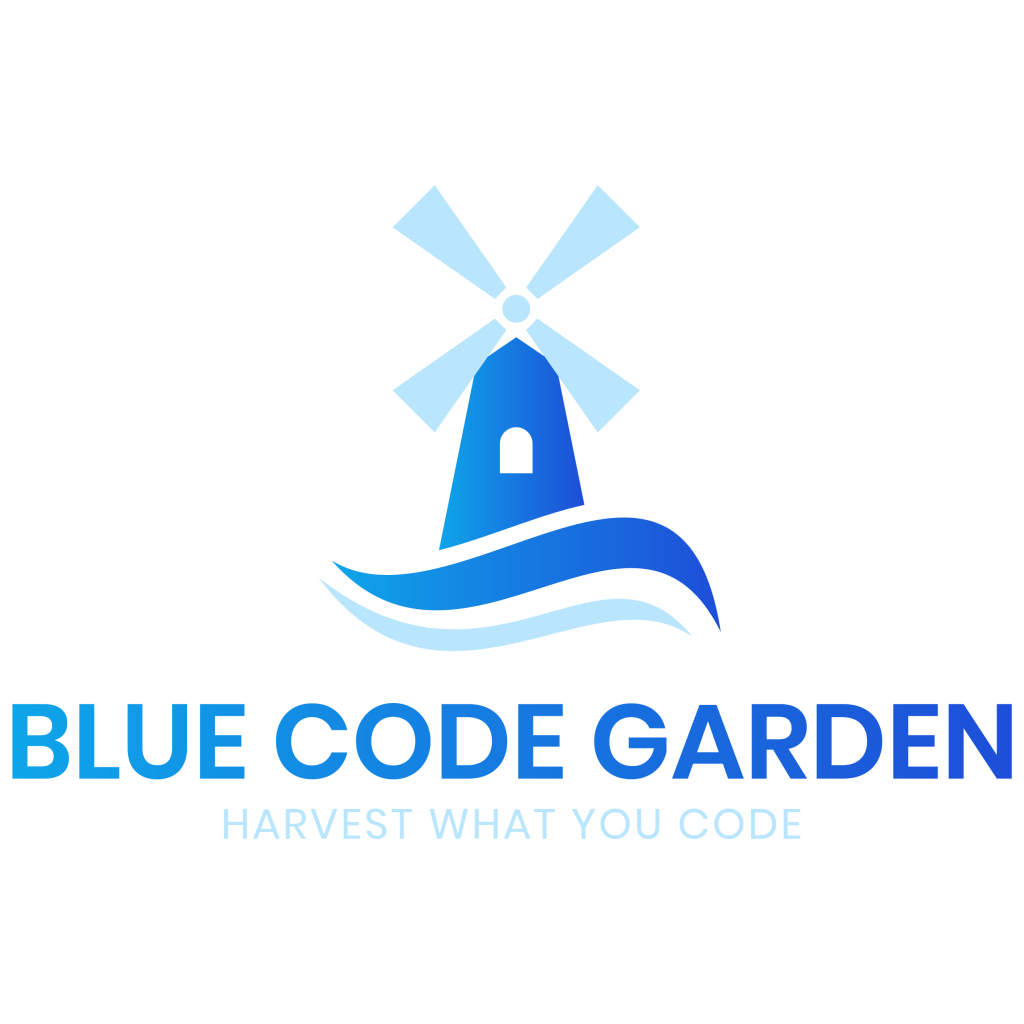You’ve probably heard of a Scrum Master before—the indispensable link in a Scrum project. In the world of Agile software development, efficiency takes the lead, and achieving greater productivity and flexibility is increasingly crucial. A Scrum Master helps achieve these goals. But what are their tasks and responsibilities? We work with a Scrum Master in our Scrum projects and we’re eager to share all the ins and outs with you.
What is Scrum?
Scrum is an Agile project management framework used to manage and develop complex projects. It’s particularly popular in software development but can be applied in other fields as well.
In Scrum, the project is divided into short iterations known as sprints, which typically last two to four weeks. During each sprint, specific tasks are executed to deliver a portion of the project.
Scrum employs daily short meetings, known as the Daily Scrum or stand-up, where team members share their progress, discuss issues, and plan upcoming tasks. At the end of each sprint, a review is held to demonstrate completed work to stakeholders, followed by a retrospective where the team reflects on execution and discusses potential improvements.
The key principle of Scrum is flexibility and adaptability. It empowers teams to respond quickly to changing needs and customer feedback, enhancing the project’s ability to address uncertainties and risks.
What does a scrum master do?
A Scrum Master is the “coach” in the Scrum framework and is responsible for the entire Scrum team. The primary focus of this role is to promote and support the effective application of Scrum principles and practices. A Scrum Master works closely with the development team, stakeholders, and other interested parties, creating an environment where the team can perform optimally and the project’s objectives are maximally achieved. Additionally, a Scrum Master removes any obstacles that may arise, ensuring that the team members’ focus remains on the Scrum project.
Scrum master vs Project manager
The main difference between a Scrum Master and a project manager/project leader is their focus. Project managers primarily concentrate on the project’s outcome, such as achieving the project within the predetermined budget and timeframe. They ponder if there are enough people and resources to get the job done.
As a Scrum Master, the focus is on the team. How can we promote the team’s growth? How can we enhance collaboration within the team? How can we work more efficiently together?
Furthermore, a typical project manager is somewhat a blend of a Scrum Master and a product owner. In the Scrum methodology, however, these two roles are separate. Balancing attention to both process (Scrum Master) and content (product owner) can be challenging.
The tasks of a scrum master
Event Facilitation: The Scrum Master actively participates in organizing and facilitating important events and meetings, such as sprint planning, daily stand-ups, sprint reviews, and retrospectives. Ensuring that these gatherings are structured and productive, with a focus on the project, is a significant task.
Team Coaching: Serving as a coach and mentor for the development team is also part of the role. They assist the team in understanding Agile principles and Scrum values and applying them correctly, fostering a culture of continuous learning and development.
Obstacle Prevention: The Scrum Master prioritizes the prevention and resolution of any obstacles that may arise. This ensures the Scrum team’s focus remains on the project at hand. Through close collaboration with other stakeholders, impediments can be swiftly resolved, maintaining productivity.
Promoting Autonomy: The Scrum Master supports and encourages the team to make autonomous decisions and be entrepreneurial. This creates an environment where the team can take responsibility for their work, promoting better collaboration and trust within the team.
Communication Facilitation: Facilitating effective and open communication between the team, stakeholders, and other interested parties is a vital task. This fosters transparency and understanding.
Essential role
The Scrum Master plays a crucial role in the daily functioning of the development team. They ensure the appropriate methodologies and meetings are applied while also considering the well-being of team members. Thus, the Scrum Master is of significant importance to the organization. After all, increased organizational flexibility through self-organizing teams doesn’t occur on its own!


